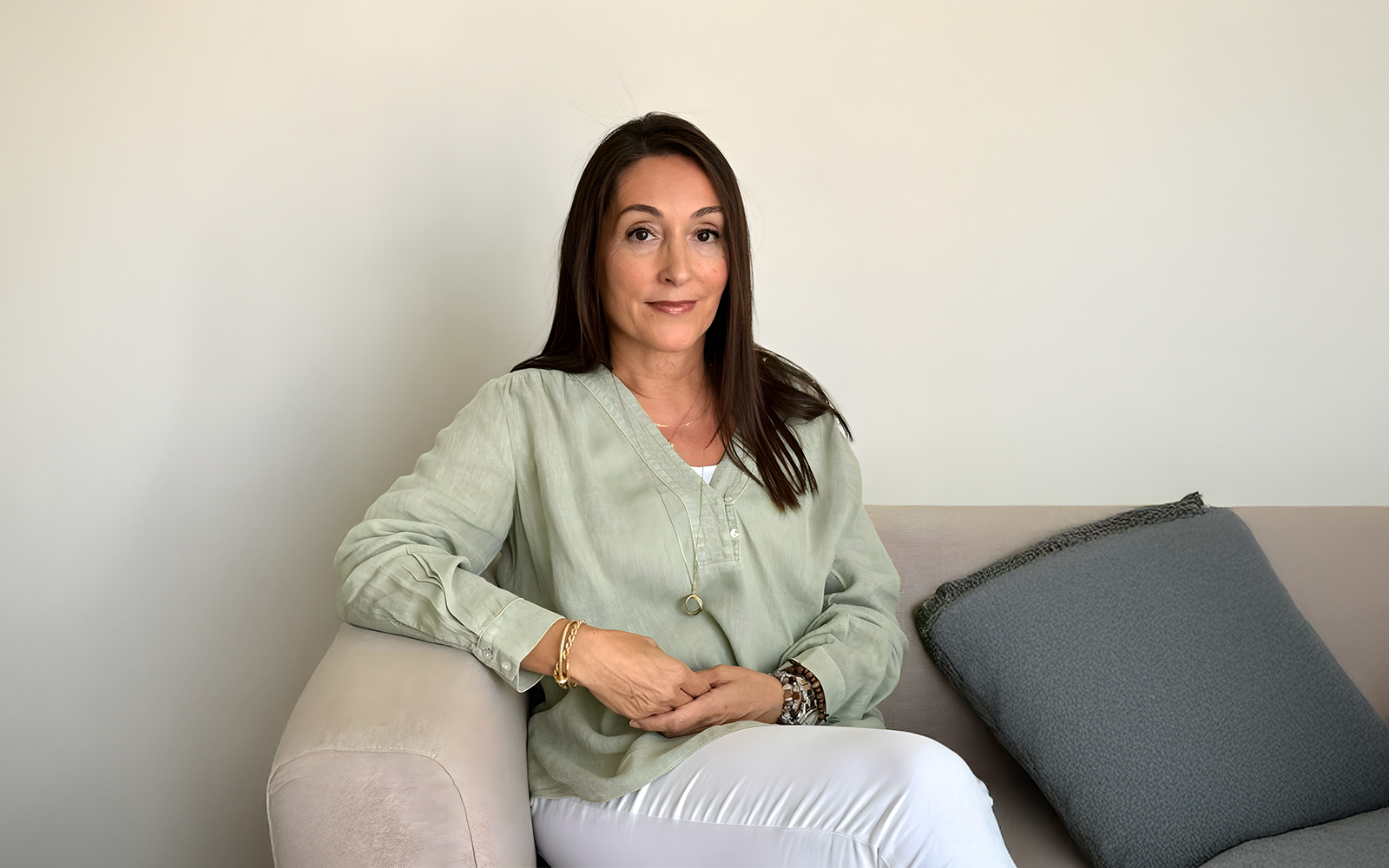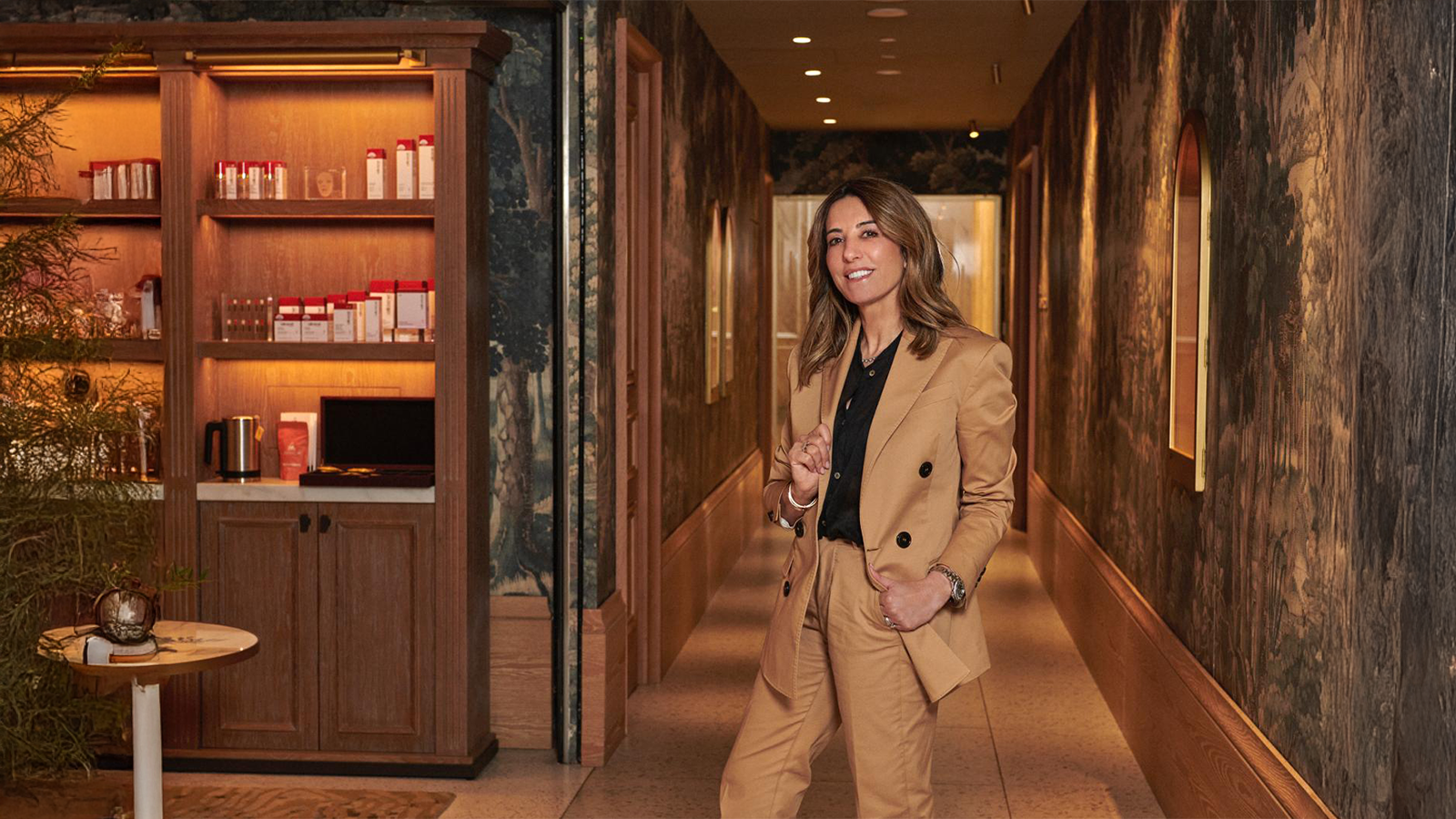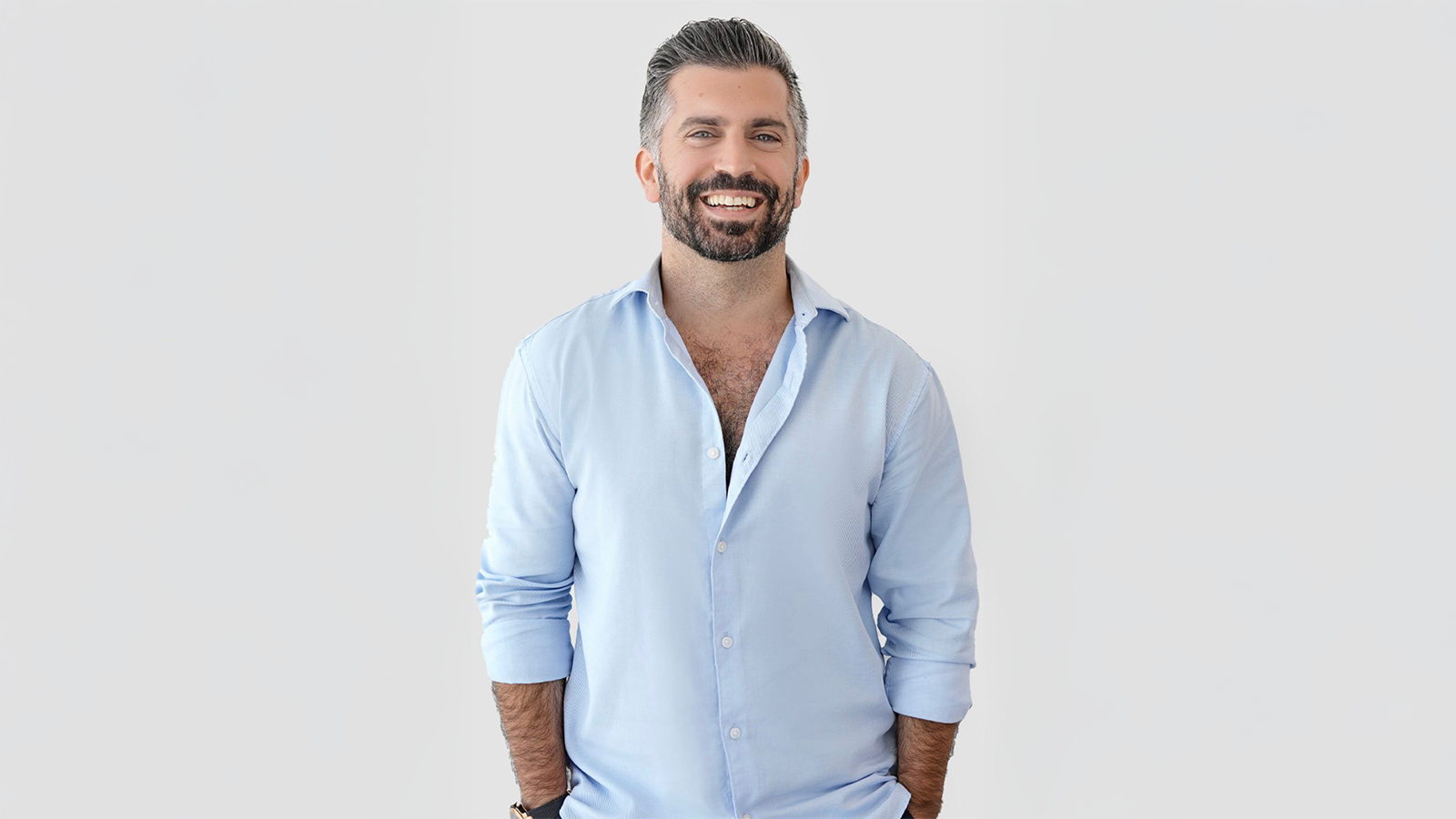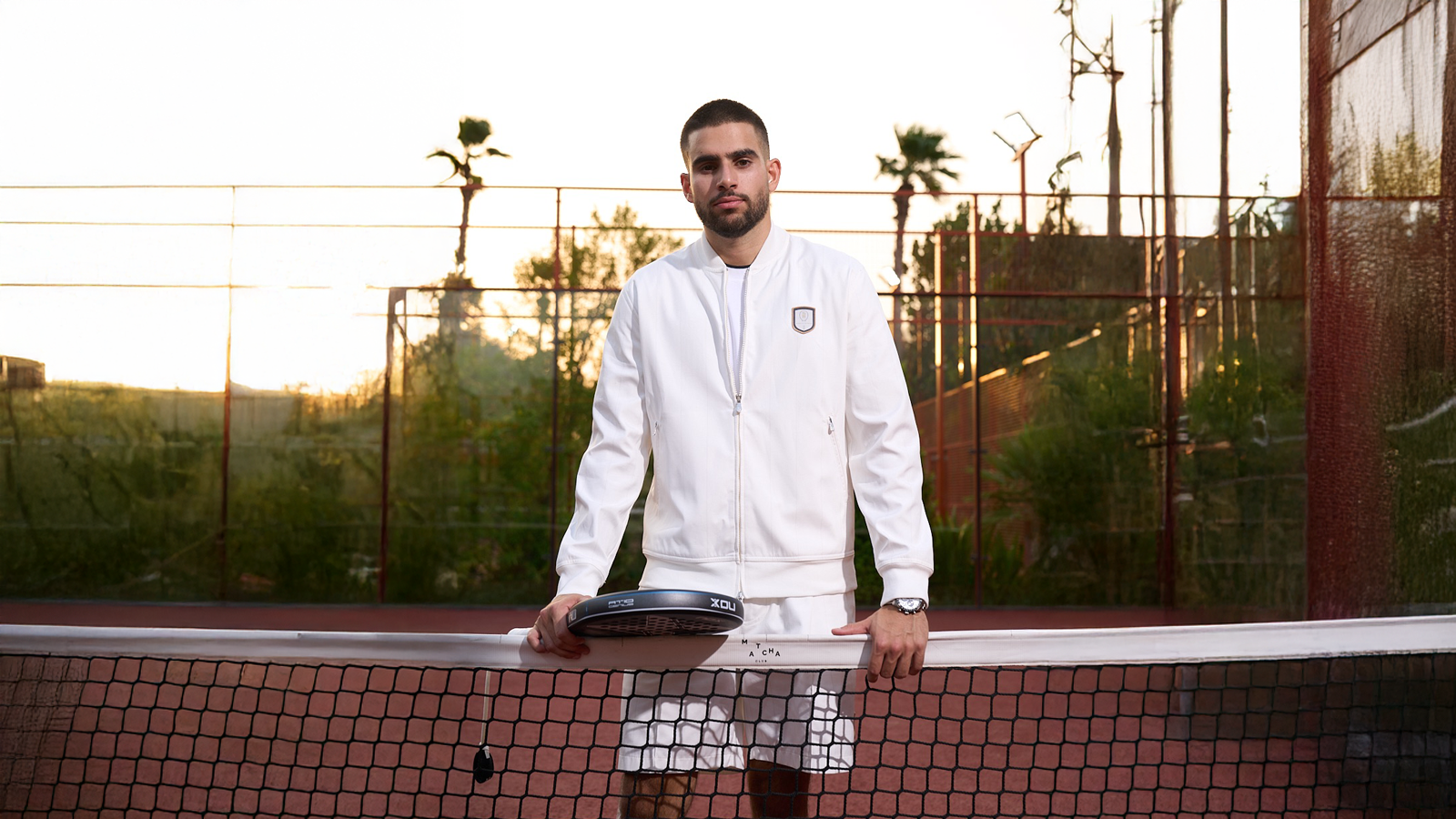
The Longevity HUB: Dr. Maria Alonso and the Future of Human Lifespan
The Future of Human Lifespan: What the Next Decade Could Look Like”
- You combine Western preventive medicine with Traditional Chinese Medicine — how does this integrated approach shape your vision of longevity?
Traditional Chinese Medicine (TCM) was originally invented a preventive medicine system. The purpose of doctors of Emperors in ancient China was to keep the Emperor healthy, and if they failed, they would be killed… So they developed a medicine system for prevention, capable to detect “imbalances“ before they would develop into a disease. Therefore, combining TCM and western medicine is a perfect match.
- In your experience, what do most people misunderstand about “living longer” versus “living well”?
Living longer is what our medicine system is already trying to provide, but living longer at the moment means living longer with the chronic diseases and frailty most people develop over time, which impact quality of life. We actually call it life span versus health span. The goal should always be to expand the health span, which means living longer healthy and able to enjoy and participate in life. That can only happen if everyone takes responsibility about maintaining health, which means being willing to make lifestyle changes in order to achieve that. It requires effort put it at a time people still feel good and strong in order to stay that way years down the line.
- Where do you see the greatest opportunities for blending modern diagnostics with traditional healing practices in the next decade?
I believe it is already happening, when it comes to prevention or treatment of some diseases these traditional healing practices are often very effective but more gentle, having less side effects. For example acupuncture is very effective in treatment of pain due to Musculo-skeletal conditions and a better choice then pain killers that can have side effects on your liver or your digestive system.
- How does gut health factor into the bigger picture of longevity?
Our gut plays a central role, its as we know where our immune system is located and at the same time where we absorb our nutrients and where even some hormones are produced and or metabolized. Our gut has a very complex nervous system that communicates with our brain and therefore influences how we feel.
- Are there traditional therapies you believe science will validate — or rediscover — in the coming years?
I believe the traditional therapies are already there, its more about raising awareness and making them accessible to more people.
- What are the top three preventive measures people can start today to influence their health span and lifespan?
The absolute boring and basic ones, that don’t sound exciting at all, yet they matter more than we can imagine: sleep, nutrition and exercise.
- In your work, how do nutrition, stress management, and emotional well-being contribute to slowing the aging process?
By nourishing the body properly, reducing inflammation and reducing free radicals.
- How do you approach tailoring longevity plans for patients with different cultural and lifestyle backgrounds?
The biggest challenge to overcome it to tailor nutrition plans to different food culture and regarding exercise and weight there are often also cultural differences of what is seen as “well”.
- Dubai is becoming a hub for cutting-edge wellness and integrative medicine. How do you see the UAE shaping the global conversation on longevity?
I believe the UAE is ahead of most countries in this field. Prevention and health are encouraged from the leaders of the UAE, which help to raise awareness with campaigns and by example.
- In the next 10 years, do you expect longevity medicine to become a mainstream part of primary care?
It is difficult to say, it will also depend on if insurance companies will also shift there perspective and encourage prevention by covering the tests and check ups, which currently they are not doing. The system now is based on: we pay only if you are sick.
- How can we ensure that advances in longevity aren’t just available to a small, elite group but are accessible to a wider population?
This is answered in the previous question with the insurance issue, but the pillars of prevention are doable for everyone, make sure they sleep enough, eat less, and less processed food and move more.



